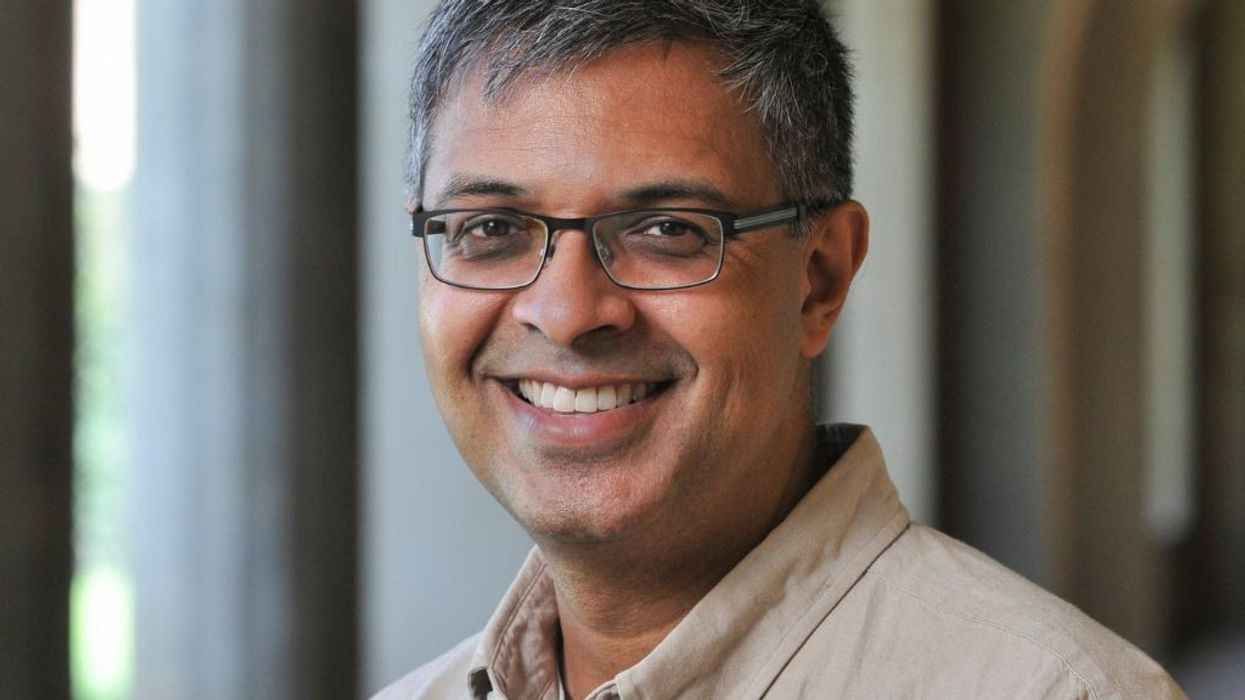In what looks like an effort to silence the right-wing, social media giant Twitter reportedly censored a number of known figures, including Dr Jay Bhattacharya, a Stanford professor who cautioned against the possible harmful effects that Covid-19 lockdown could lead to, The Telegraph reported, citing internal company data shared by Elon Musk, the platform's new owner.
On Thursday (8) night, former New York Times columnist Bari Weiss released a second installment of the "Twitter Files", posting images of those accounts that the micro-blogging site allegedly blacklisted.
According to Weiss, most of the accounts belonged to users that are conservative and far right.
Bhattacharya, an Indian-born professor of health policy at Stanford University, said on Twitter in 2020 that prolonged absence from school, economic disruptions, and forced isolation of the elderly people during the pandemic would cause harm in the long run.
"Teams of Twitter employees build blacklists, prevent disfavored tweets from trending, and actively limit the visibility of entire accounts or even trending topics - all in secret, without informing users," The Telegraph quoted Weiss as saying.
Twitter's co-founder and former chief executive Jack Dorsey has denied in the past that the company had put any restriction on accounts that harboured "certain political viewpoints".
The release of the "Twitter Files" came just over a month after Musk's eventful acquisition of Twitter. The billionaire entrepreneur, who has promised to reform Twitter into a "free speech" platform, shared many internal documents with Weiss and Matt Taibbi, an independent journalist, apparently to make people believe that the previous management of the platform acted against the political right.
According to screenshots that Weiss shared, Dan Bongino of Fox News was also subject to a “search blacklist” while activist Charlie Kirk of conservative student movement Turning Point USA was subject to a “do not amplify” internal notice.
Bhattacharya, who has studied the coronavirus pandemic since its beginning, co-authored in 2020 the Great Barrington Declaration, an open letter doubting the efficacy of Covid-19 lockdowns.
Other American health leaders, including Dr Anthony Fauci, the director of the US National Institute of Allergy and Infectious Diseases, slammed the declaration and said the document’s proposal for herd immunity was “nonsense and very dangerous”.
On Friday, Bhattacharya reacted to the report on Twitter saying he was still trying to process his emotions.
“Still trying to process my emotions on learning that @twitter blacklisted me,” the professor, who also serves as a research associate at the National Bureau of Economics Research, said. “The thought that will keep me up tonight: censorship of scientific discussion permitted policies like school closures & a generation of children were hurt.
“The purpose of modern censorship is not to prevent people from hearing an idea. It is to delegitimise the idea in the mind of the public, and excommunicate the heretic who dared express it from polite society and the public square.”
In another tweet, Bhattacharya said he was curious to know what role the government played in Twitter's suppression of covid policy discussion. He hoped that it would also be revealed some time.
Bhattacharya also thanked both Weiss and Musk and said, "Sunshine is the best disinfectant".
On Thursday, Musk tweeted, “As @bariweiss clearly describes, the rules were enforced against the right, but not against the left.”
However, the platform under the new owner also came under questioning from some users.
Some pointed out that the idea of "shadowbanning" outlined by Weiss of Twitter's internal moderation policy appeared to comply with Musk's own approach to content moderation on the site as he recently announced.
On December 2, Musk tweeted, "Freedom of speech doesn't mean freedom of reach. Negativity should & will get less reach than positivity," he tweeted on December 2.
As the Bhattacharya episode unfolded, veteran British musician Sri Elton John said that he would no longer use Twitter following an alteration in its policy which, according to him, "will allow misinformation to flourish unchecked".
While Musk said he is granting an "amnesty" for suspended accounts, experts fear that it will witness a rise in harassment, hate speech and misinformation.
Sir John, 75, said on Twitter, "All my life I've tried to use music to bring people together. Yet it saddens me to see how misinformation is now being used to divide our world.”




